Menu
Close
Community Partner: YW Calgary
Jan 11, 2023
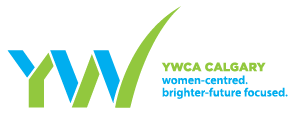
YW Calgary works every day to establish a world where women and their families can thrive safely and equitably. They care about each other, their clients and the community and are driven by the lasting impact they have on women, their families and by extension, their community.
They believe everyone should have equal, barrier-free access to strength-based, trauma informed support. Their array of programs and services focus on preventing and addressing domestic violence, mental health and women’s economic prosperity.
For nearly a full year, our CMHA Calgary team has facilitated Recovery College courses to help residents of the YW Calgary’s Transitional Housing program develop their resourcefulness and build their mental health toolkit.
“This long-term partnership has greatly impacted the residents with skill-building, but also through the growing connection they have felt toward the facilitators.” says Salwa Naalu, Supervisor.
“[CMHA Calgary’s] facilitators are very mindful and aware of our resident population; the needs that they have and the trauma they’ve experienced. The facilitators come prepared to have those connections. I believe that our resident’s emotional intelligence has really improved since attending these courses.”
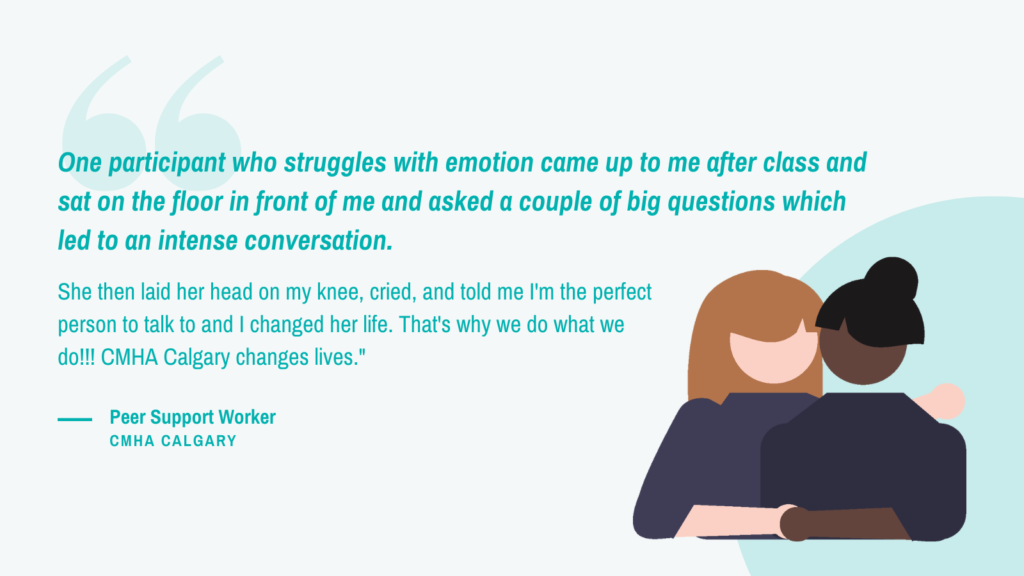
One of our Recovery College facilitators, Lindsey, empathized that her time at YW was one of the most fulfilling experiences she’s ever had.
“The connection created with these [women] is so empowering. I’ve watched them grow before my eyes and I can see the excitement when something really resonates, and they have an ‘aha’ moment. I have learned just as much from them as they have from [our team]. Their strength, resilience, and compassion are so evident and I am filled with respect and awe every class.”
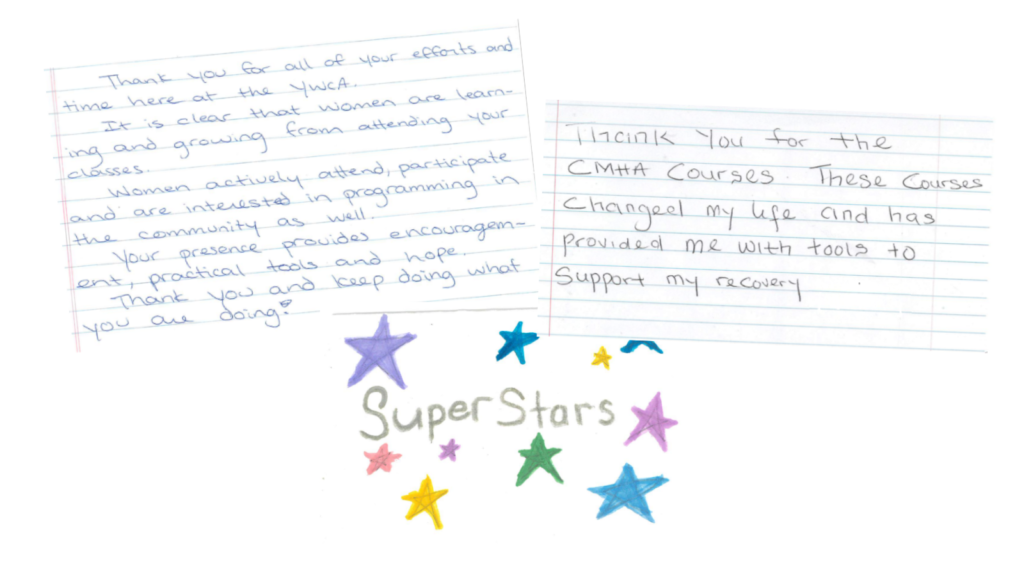
Residents of YW Transitional Housing wrote messages to our facilitators about their experience taking the Recovery College courses.
Esther Elder, Manager, Transitional Housing, Language/Settlement, and Economic Prosperity remarked that it’s not a lack of information available, but the way it’s presented that truly resonates with the women in the program.
“There is a ton of information that is accessible, however we are often passive consumers of this information. These courses are touching on topics relevant to their to lived experience. It’s not a classroom style where you’re talking at people – it’s a conversation style that allows residents to ask questions and learn in a safe environment.
Throughout the year, our Recovery College team provided the following courses:
- Dealing with Tough Stuff
- Taking Charge of Self-Care
- Practicing Mindfulness
- Confront the Discomfort
- Building Better Boundaries
- Rethinking Our Thoughts
[btn text=”View Course Catalogue” url=”https://recoverycollegecalgary.ca/courses/” new_tab=”false”]
Each of these courses are delivered by CMHA Calgary facilitators and Peer Support Workers, who are experts by experience. They have their own personal story of a mental health or substance use concern, or are supporting a loved one.
Maria, another Recovery College facilitator, recognized how far each of the women have gone not just in their recovery journey, but in their resiliency.
“I don’t know if I can describe my experience at YW in words as it has been such a meaningful and privileged experience. It warms my heart to empower such strong resilient women who have been through so much.”
Although a Recovery Trainer, Maria is also a participant of Recovery College herself. In particular, she would recommend Rethinking Your Thoughts to anyone looking to build their self-awareness and perspective.
“Rethinking Your Thoughts helped me not only gain awareness, but it also helped me with neuroplasticity. [The course] completely helped me change the way I think to a more positive mindset.”
As Peer Support Workers and Recovery Trainers, Lindsey and Maria bring a sense of guidance as well as relatability because of their lived experience. Their presence at YW Calgary, according to Salwa, made a big impact.
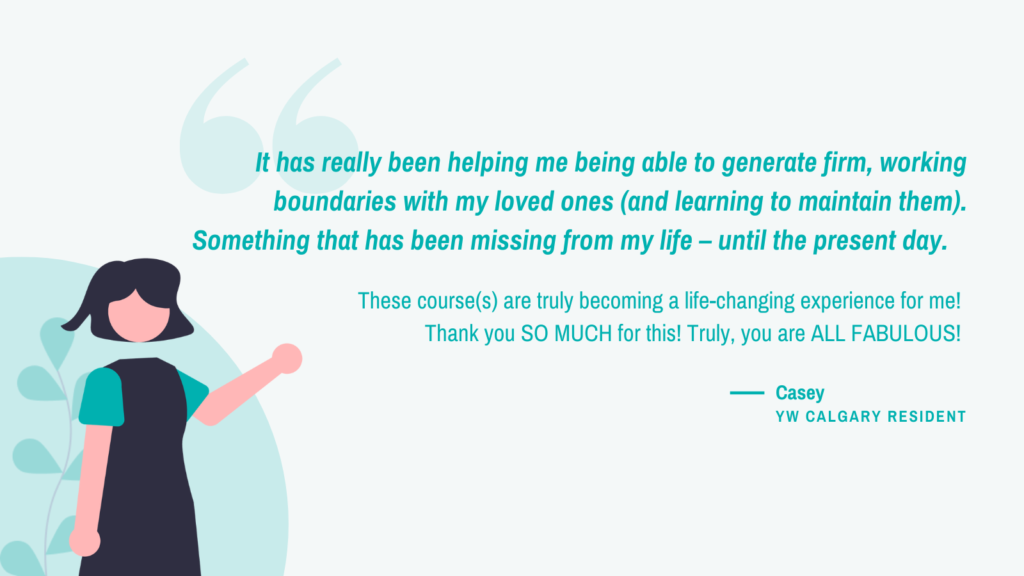 “Residents can really relate to [the facilitators],” Salwa said. “I’ve been in Transitional housing for about a year and a half, and noticed a big change because of the courses. When you come here and try to book [a workshop] on Mondays, we say ‘No, sorry, that’s our CMHA Calgary day.'”
“Residents can really relate to [the facilitators],” Salwa said. “I’ve been in Transitional housing for about a year and a half, and noticed a big change because of the courses. When you come here and try to book [a workshop] on Mondays, we say ‘No, sorry, that’s our CMHA Calgary day.'”
Salwa and her team hope to continue Recovery College courses within the program as well as expand and give opportunities for residents to experience CMHA Calgary’s services at the CMHA Calgary office.
This would allow residents to really engage and deepen their skills to leave transitional housing, get back into the community, and live sustainably.
For more information about our Recovery College, please visit our website.
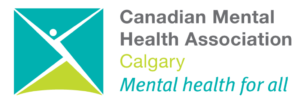
Our Peer Support program services can be accessed over the phone at 403-297-1402 or through email at peer@cmha.calgary.ab.ca. We have teamed up with other Calgary agencies to help Calgarians quickly and easily access various counselling and social supports. Visit www.communityconnectyyc.ca, where you can book online for our Suicide Bereavement and Family Support Counselling, and other supports. If you prefer to still book through us, please phone (403-297-1708), or email (counsellingintake@cmha.calgary.ab.ca).
